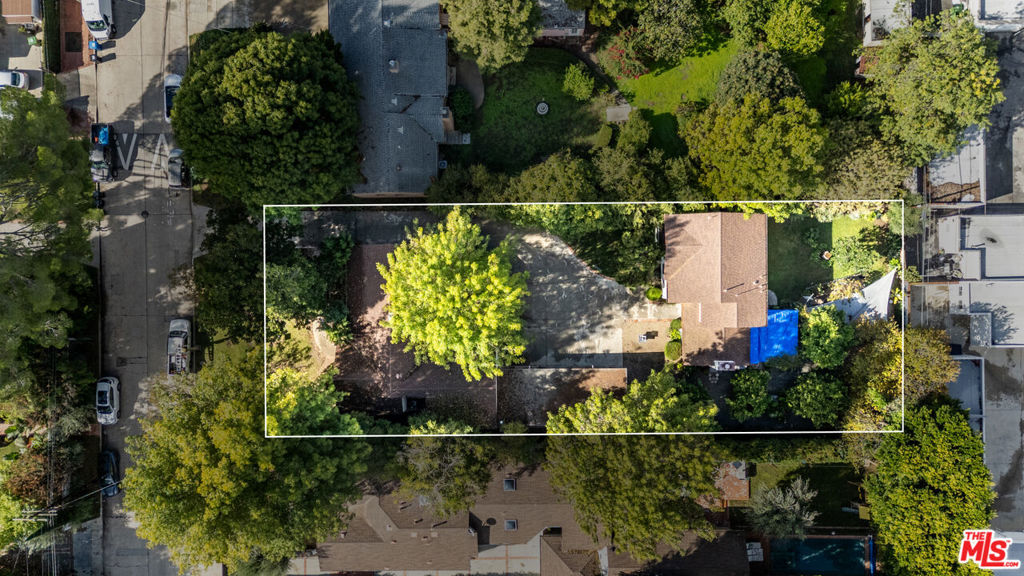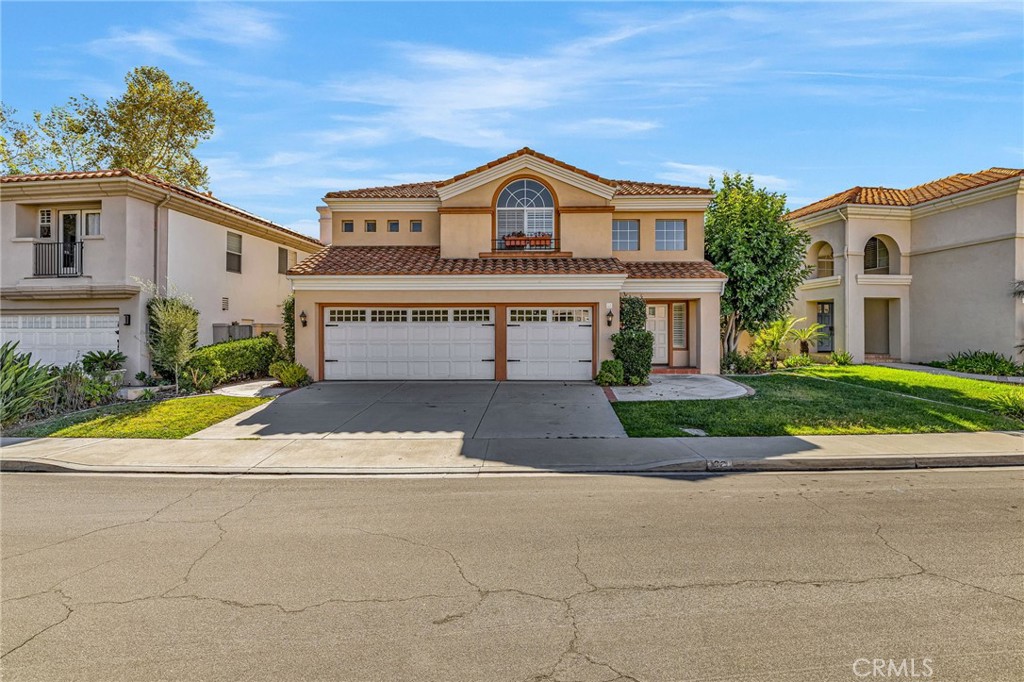Inheriting a property with siblings or relatives can feel like a blessing, until it turns into a standoff. One person wants to sell, another wants to keep the house. Emotions run high. Progress stops.
So what happens when co-owners of a probate property don’t agree on what to do?
Here’s a clear breakdown of your options, rights, and what to expect when selling gets complicated.
1. First: Know What “Co-Ownership” Actually Means
When a loved one passes and leaves a home to multiple heirs, the property is usually held in tenancy-in-common. That means each heir owns a percentage of the whole property, not specific rooms or sections.
No single co-owner can sell the home without the others’ consent, unless the court steps in.
2. If You All Agree, Great. If Not… Things Get Legal
Disagreements among heirs are common in probate. Some want to:
-
Keep the home as a rental
-
Live in it themselves
-
Hold out for a higher offer
-
Avoid selling for emotional reasons
When there's no agreement, here’s what can happen:
3. Option 1: Try to Buy Out the Other Heirs
If one heir wants to keep the home, they can buy out the others based on fair market value.
This requires:
-
An appraisal or market analysis
-
Legal paperwork to transfer ownership
-
Cash or financing to pay the other heirs
If you can’t agree on value, a neutral third-party appraisal usually helps settle it.
4. Option 2: Mediation or Family Settlement Agreement
Before running to court, families can try mediation, a neutral party helps everyone come to a fair resolution. This saves time, money, and stress.
In many probate cases, attorneys can draft a family settlement agreement outlining who gets what and how the sale proceeds are divided.
5. Option 3: Partition Action (The Last Resort)
If no agreement is possible, any co-owner can file a partition action: a legal request to force the sale of the property.
Here’s what happens:
-
The court orders the property to be sold (either through auction or listing).
-
Proceeds are divided based on ownership shares.
-
Legal costs come out of the sale.
Partition lawsuits can get expensive and emotional, but they do resolve deadlocks.
6. What Not to Do
-
Don’t change the locks or try to take control of the property alone. It can lead to legal trouble.
-
Don’t rent or renovate the property without consent from other co-owners.
-
Don’t ignore court timelines in probate. Delays cost money, and may result in penalties.
Final Thoughts: Disagreeing Doesn’t Mean You’re Stuck
Disagreements between co-heirs are common, but they don’t have to turn into lawsuits. With the right legal and real estate support, you can find a path forward, protect your family’s interests, and avoid burning bridges.
If you’re in a probate dispute or need help navigating co-ownership, we’re here to help, legally and professionally.



